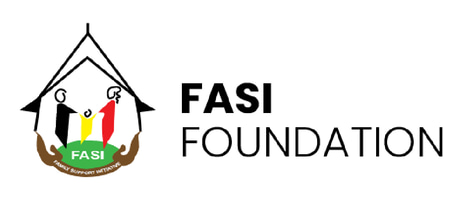The Issue
Children living with disabilities such as cleft lip/palate, cerebral palsy, and Down syndrome often face significant feeding challenges, which can lead to malnutrition, stunted growth, and feeding-related complications (like aspiration). In many communities, caregivers lack the knowledge, support, and tools to properly feed and care for these children. This increases health risks and reduces quality of life for both the children and their families.
The Response
Nourishing Abilities provides targeted support to caregivers of children with feeding-related disabilities. Through partnerships with community resource persons and implementing partners, children are referred into the program. Caregivers receive training and hands-on guidance on how to feed their children safely and adequately, tailored to each child’s condition. The program promotes inclusive care and prevents malnutrition and its long-term effects among children with special needs.
Objectives
Early Identification: Enroll children with disabilities impacting feeding through community referrals.
Caregiver Training: Provide practical education on safe and effective feeding techniques suited to each child's specific needs.
Malnutrition Prevention: Reduce the incidence of malnutrition and feeding-related health complications.
Caregiver Empowerment: Improve caregivers’ confidence and capacity to support their children’s growth and health.
Awareness & Inclusion: Promote community awareness about disability, inclusion, and the importance of early nutritional support.
Methodology
Referral Network: Collaborate with health workers, community volunteers, and NGOs to identify and refer eligible children.
Enrollment & Assessment: Each child is assessed by trained personnel to understand feeding challenges and nutritional status.
Caregiver Training Sessions: Regular group and one-on-one training sessions are held, focusing on feeding positions, texture modification, adaptive utensils, and meal planning.
Ongoing Support: Home visits and check-ins allow for personalized follow-up, guidance, and emotional support for caregivers.
Resource Provision: When possible, provide feeding aids, educational materials, and nutrition supplements.
Get In Touch


We’d love to hear from you! Reach out for inquiries, partnerships, or support for our mission.
Join us in empowering vulnerable communities today.
Connect
© 2025 FASI FOUNDATION. All rights reserved.


Working Hours:
Monday – Friday | 8:30 AM – 5:00 PM EAT
Head Office:
Rubaga Road, Kampala, Uganda


